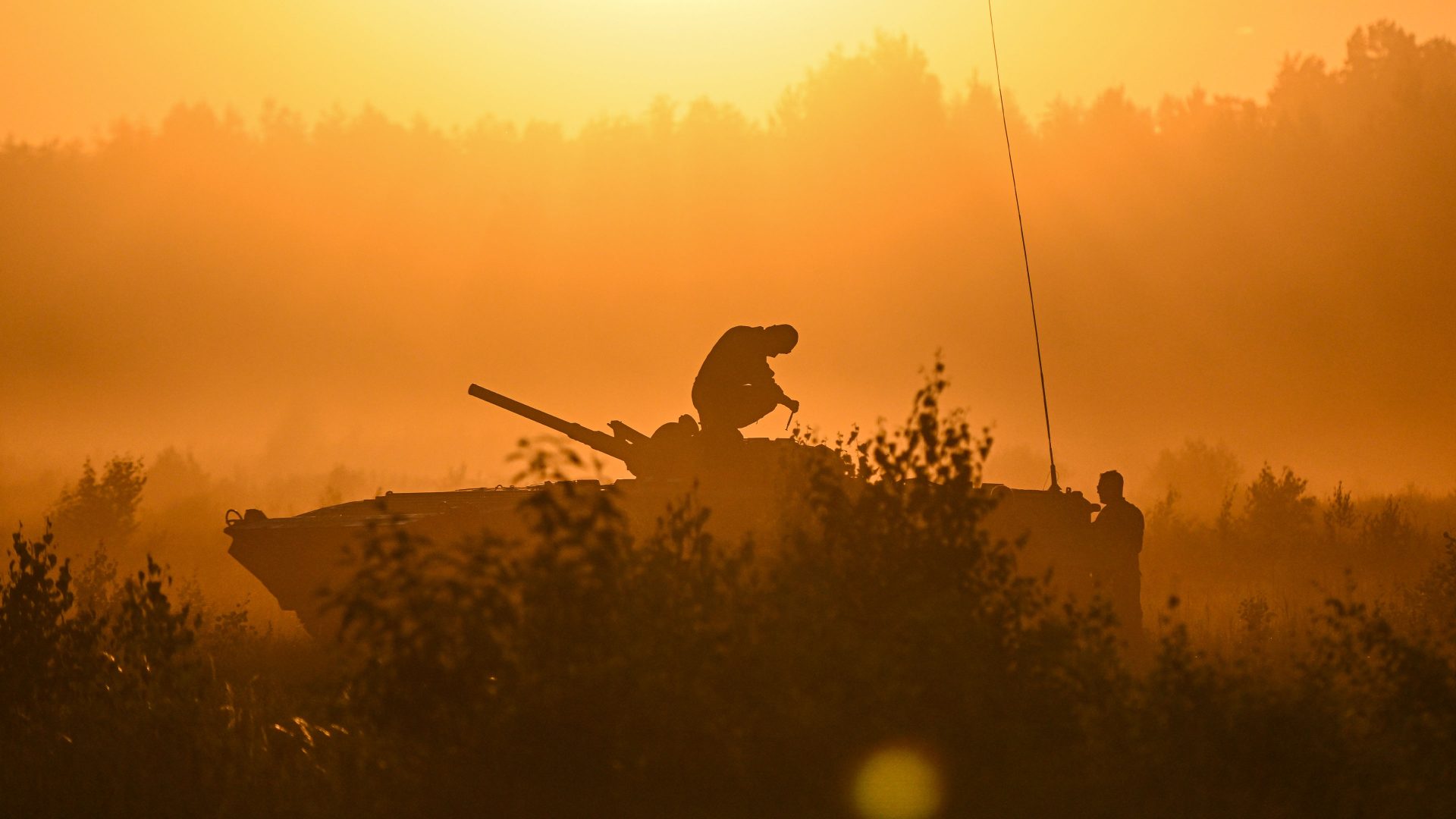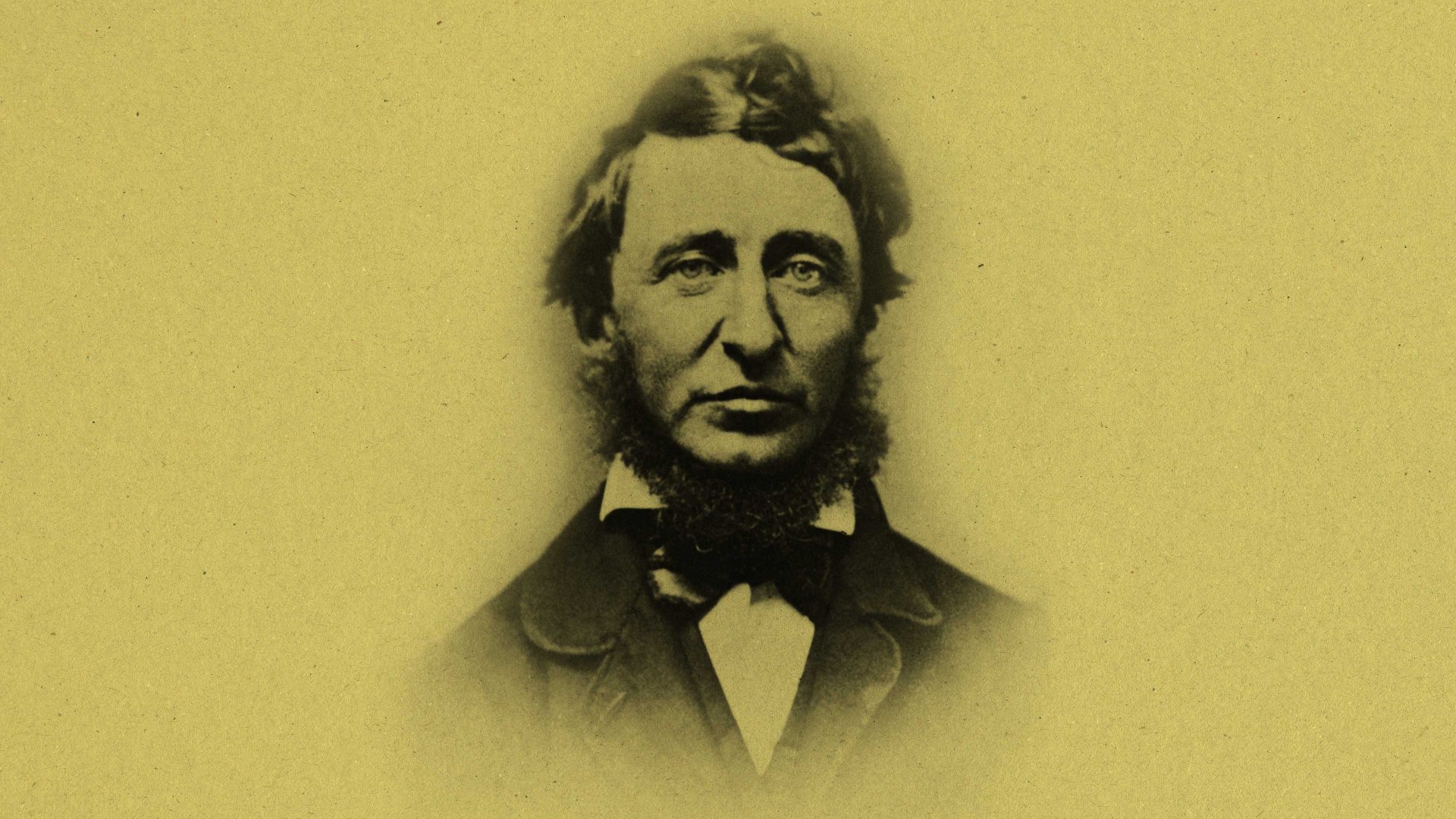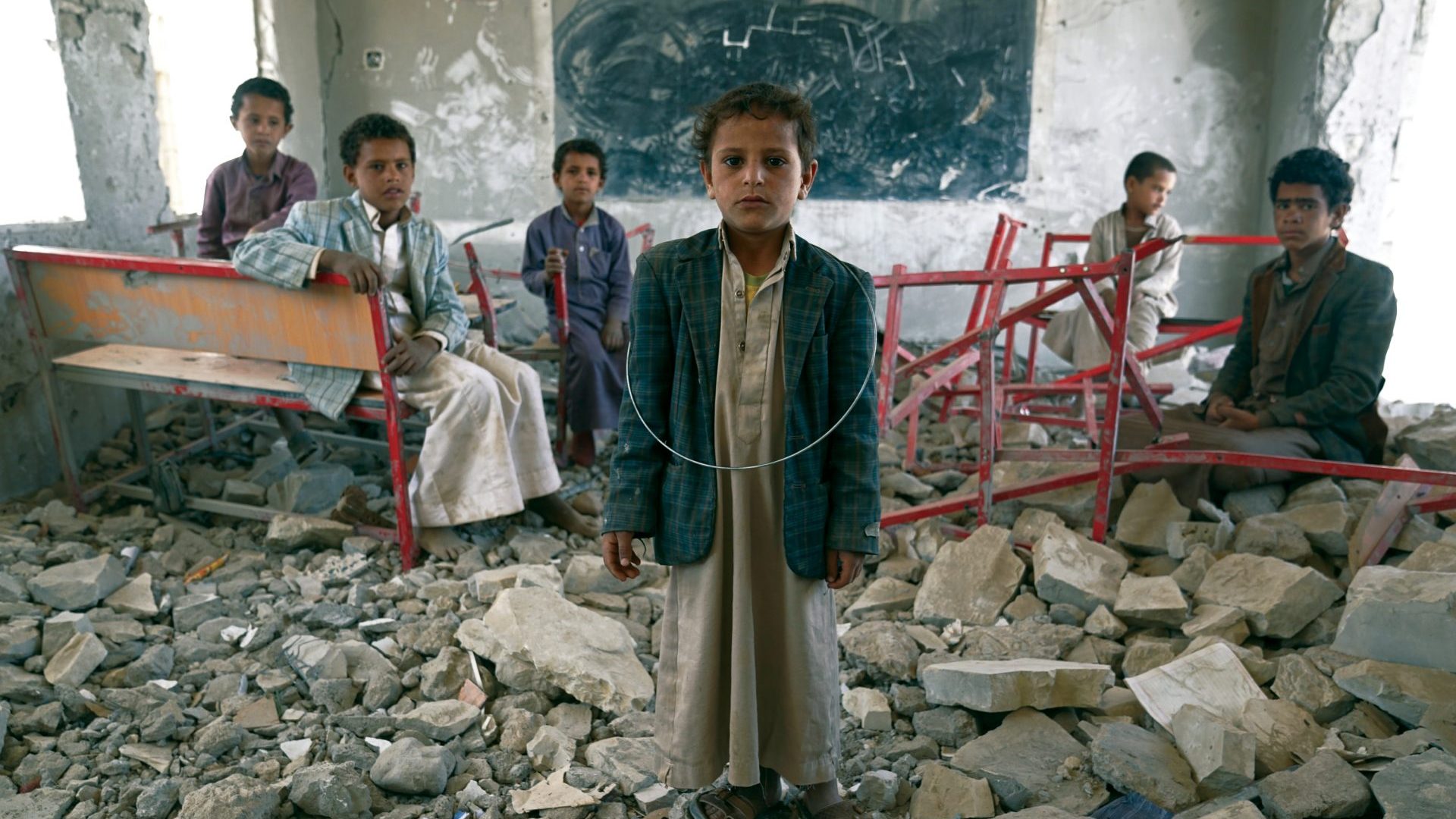All over the world this year, we’ve seen generals, academics and diplomats gathered together in earnest seminar groups to refresh the concept of “deterrence”. The reason is obvious: once Vladimir Putin is done destroying Ukraine, the west needs to deter him from attacking a Nato member, which would trigger world war three.
How to do so is not obvious. Because, since the collapse of the Soviet Union in 1991, the west has forgotten how to do deterrence. Instead of trying to deter Iraq from using its (fictional) chemical weapons in 2003 the USA simply invaded, dissolved the ruling party and hanged its leader.
In the process, veteran insiders complain, we lost the muscle memory of maintaining an uneasy peace with a powerful adversary through the threats of violence. Politicians still regularly use terms like “escalation”, “red line” or “zero sum” in relation to the Ukraine conflict, without realising these once formed part of a coherent body of doctrine explaining how nuclear armed powers should behave towards each other.
What’s clear so far is that the west failed to deter Putin from attacking Ukraine.
Classic deterrence theory recognises three techniques: the threat of punishment, the threat of “denial”, or the offer of concessions. If so, the threat of punishment by sanctions failed to stay Putin’s hand; the attempt to deny him territory through the supply of heavy weapons came too late to stop the conquest of Donbas and the Azov coastline; and all the concessions offered by Macron, Scholz and others in the run up to the conflict (remember “Finlandisation”?) also failed.
At the Madrid Summit on June 30, Nato’s leaders settled on a new policy of deterrence by denial: “No one should doubt our strength and resolve to defend every inch of allied territory, preserve the sovereignty and territorial integrity of all allies and prevail against any aggressor,” says the alliance’s new Strategic Concept.
This is a far cry from the way deterrence worked in the cold war – when the threat of punishment through nuclear annihilation created a stable, choreographed, strategic peace – even as small-scale wars, coups and espionage bubbled at the tactical level.
What the new posture means in practice is that the west has promised Putin it will destroy his armed forces in depth and detail the moment they attack.
That means not just generating new armed forces with the capability to smash the Russian military – on land, sea, air, cyberspace and even outer space. It means the threat has to be politically credible and communicated effectively into the minds of Russia’s security elite. It also relies on that elite being – as in the cold war deterrence theory – a “rational agent”.
Unfortunately, none of these things are certain. That was the missing bit from the Nato communiqué.
Right now, the land forces deployed to defend Estonia, Latvia and Lithuania against attack are still – as the UK government designated them in its Integrated Review – a “tripwire”. Their presence implies the threat of retaliation in the future, not a Nato victory in the first week of conflict.
Britain’s new chief of the general staff, Sir Patrick Sanders, admitted as much when he told defence bigwigs: “If this battle came, we would likely be outnumbered at the point of attack and fighting like hell”. That is a euphemism for losing.
His colleague, James Bowder, who runs the army’s “futures” programme, said at the same conference that British commanders were “midway” through exploring how to deny the Russia victory in a Baltic land war, and promised an intense six months of war games and exercises. Again, cutting through the euphemisms, this means that we are not certain of winning right now.
And if we are six months away from knowing what mix of people, machines and information we need to stop a Russian army literally in its tracks on the border, we could be a decade away from having the actual force in place to do it.
Because, even as Russian separatists shelled the forlorn trench-lines of eastern Ukraine, year in year out, the Conservative government shrank the British Army. Its target strength was 82,000 soldiers under David Cameron in 2015. It is 72,500 today.
Even five months into the invasion of Ukraine, for all the flag waving in Whitehall, nobody has reversed the decision to mothball one third of Britain’s tanks. As for the Ajax programme, which was meant to provide the army with 500+ state-of-the-art reconnaissance vehicles, bristling with sensors and computing power, it is a fiasco.
Johnson let our armed forces become depleted for the same reason he thought it wise to take money from Russian oligarchs, or to visit the palazzo of a former KGB man without officials present. Our political elite failed, fundamentally, to understand the world around them, and is now left making deterrent noises that sound hollow.
But if the capability looks weak, our real vulnerability in this standoff is over credibility. Did all the political leaders of Nato mean it when they said they would fight Russia over the first inch of territory seized from Lithuania? I think they did. But do their electorates mean it?
Look around you, on the beach this summer, from Tenby to Marbella to Corfu: do the people lying horizontal on the beach towels understand the danger? Do they realise the severity of the deterrence messaging being done on their behalf.
I hope so. Because we, the peoples of Europe, are in peril. What Putin is doing to the industrial cities of Donbas could be a rehearsal for Warsaw, Riga or Helsinki. That’s the new world we live in.
To prevent an all-out war in Europe we have to be prepared to spend money on defence, to develop new technologies of warfare, maintain bigger armies and reserves. The 2.3% of GDP we spend today on defence may have to double. That could mean higher taxes and higher borrowing – even as a panoply of Tory hopefuls vie with each other to promise the opposite.
Above all our politicians – from the next prime minister to the most junior backbench opposition MP – have to send the same message, both to the electorate and the adversary: we are prepared to fight, even in defence of countries we only visit for stag weekends and world cup qualifiers.
Until the majority of British politicians and voters are saying that willingly and in full knowledge of the consequences, “deterrence” will remain a theory, not a reality




